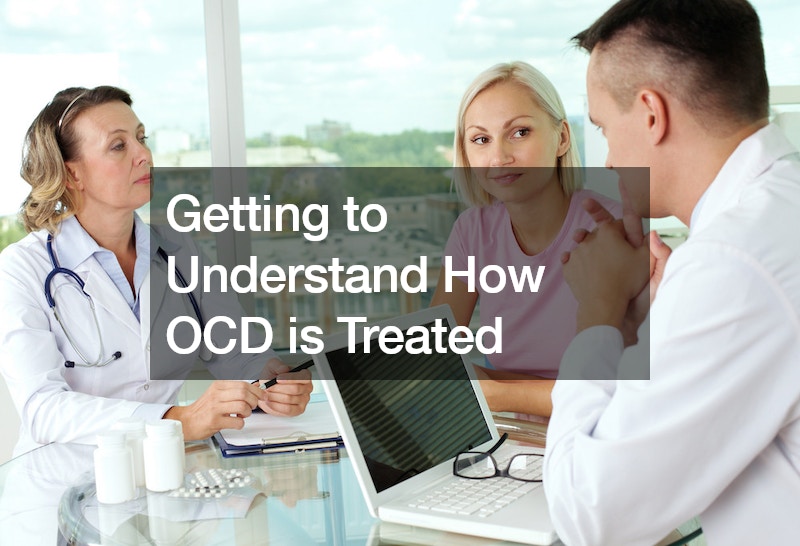Getting to Understand How OCD is Treated
Obsessive-compulsive disorder (OCD) is a long-lasting mental health disorder. People who suffer from this disorder experience uncontrollable (obsessive) and repetitive thoughts and engage in repetitive behavior (compulsions) or both. The YouTube video explores what living with OCD may feel like and possible treatment options, such as intensive OCD therapy, are available to patients. Therapeutic Approaches […]
